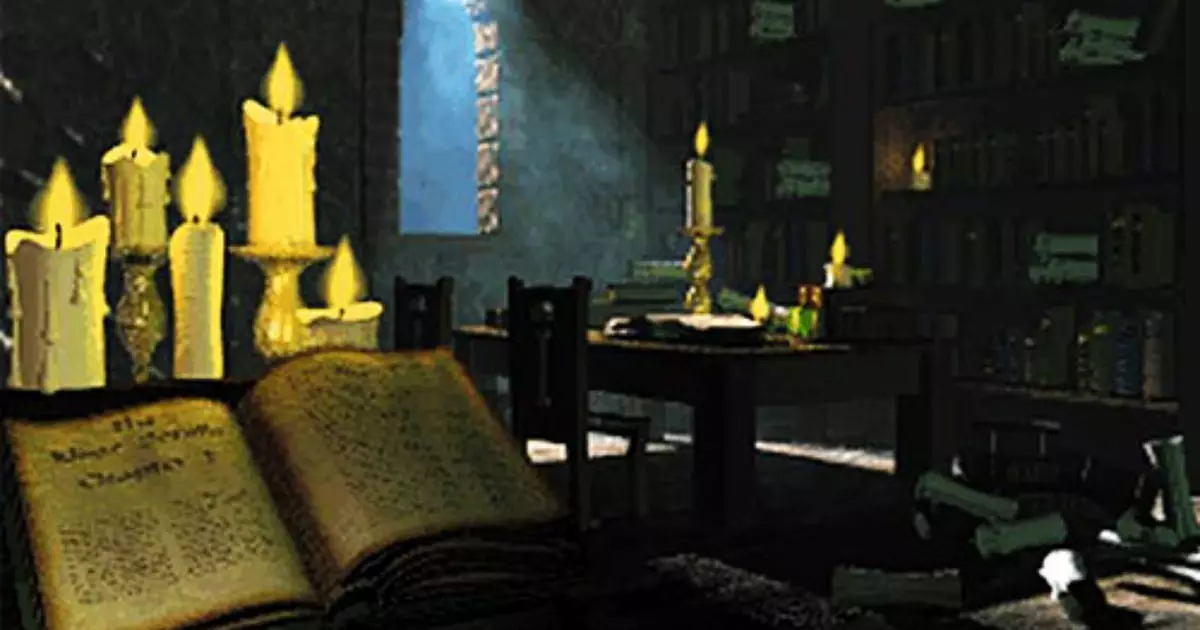Julian LeFay’s journey through the gaming universe is a testament to the transformative power of creativity and relentless dedication. His story is not merely one of personal achievement but of profound influence on the entire role-playing game (RPG) genre. Born in Denmark, LeFay’s early years seemed to foreshadow a path that would eventually shape the contours of immersive storytelling in interactive entertainment. His career began in the late 1980s, a period when the industry was still in its nascent stages, and smaller teams struggled to push the boundaries of what was technologically possible. Yet, LeFay’s talent and vision propelled him to the forefront of this movement, founding a legacy rooted in innovation, challenge, and artistry.
What makes LeFay’s contributions extraordinary is not just the technical mastery he displayed but his unwavering commitment to creating expansive worlds capable of fueling player imagination. He was instrumental in the development of some of the most iconic titles associated with Bethesda—an indie studio that later grew into a gaming giant. His work on *The Elder Scrolls: Arena* and *Daggerfall* demonstrated an uncommon dedication to crafting open-ended experiences. These games didn’t just offer players quests; they invited them into living, breathing universes where exploration and personalization reigned supreme. LeFay’s influence extended beyond mechanics; it was his philosophical approach to RPG design that set new standards for the industry.
The Architect of Boundless Worlds and Thoughtful Lore
LeFay’s mentorship and leadership transformed *Daggerfall* into a sprawling, meticulously crafted world. With over 15,000 cities, villages, and dungeons, it was an engineering feat that exemplified complexity and depth. Such ambitious scope might have been unthinkable without LeFay’s vision of breaking free from conventional constraints. He believed in enriching the lore, emphasizing the importance of psychological and philosophical themes—an ideology that resonated through the titles he influenced or directly led.
Additionally, his name became synonymous with wisdom and logic in Tamriel, inspiring the creation of Julianos—an in-game deity that symbolizes knowledge. This anecdote encapsulates the measure of how his influence extended beyond coding and design; it penetrated the cultural fabric of the worlds he helped forge. His role as a pioneer in the early days of RPG development shaped not only what players experienced but how developers conceived these escapades into fantasy realms.
LeFay’s work after Bethesda reflected his desire to innovate beyond the tried-and-true. For instance, his involvement with *The Terminator* games introduced a broader scope of storytelling possibilities within interactive media, blending sci-fi action with RPG elements. These ventures exemplified his versatility and willingness to embrace new genres and ideas, reinforcing his reputation as a visionary.
The Bitter Toll of Illness and the Lasting Impact of a Legend
Despite his towering achievements, LeFay’s later years were marked by a tragic struggle with cancer. His battle was not just a personal ordeal but also a demonstration of his unyielding spirit. Even as his health deteriorated, he remained dedicated to his craft and to mentoring others. His recent work on *The Wayward Realms*—an ambitious project inspired by his classic RPGs—was a testament to his undying passion. Just last week, as his condition worsened, LeFay continued to guide his team, sharing his insights and endorsing a vision for gaming that prioritizes depth, storytelling, and player agency.
In the wake of his departure, the gaming community and the countless developers he mentored are left grappling with a monumental loss. His legacy is not merely in the titles he directly influenced but also in the cultural ethos he championed—one of boundless imagination, intellectual rigor, and relentless pursuit of excellence. Many consider his career a blueprint for aspiring game designers, embodying a rare combination of technical mastery and artistic sensitivity.
Julian LeFay’s story is a stark reminder of what it means to innovate with purpose, pushing the boundaries of what video games can be. While his physical presence has left us, his influence continues to reverberate through the worlds he created and inspired. As developers forge ahead—dedicated to honoring his vision—the gaming industry is reminded that true innovation endures far beyond the limits of one lifetime.

